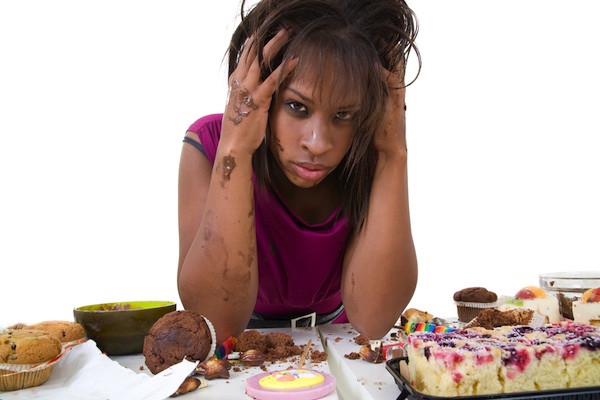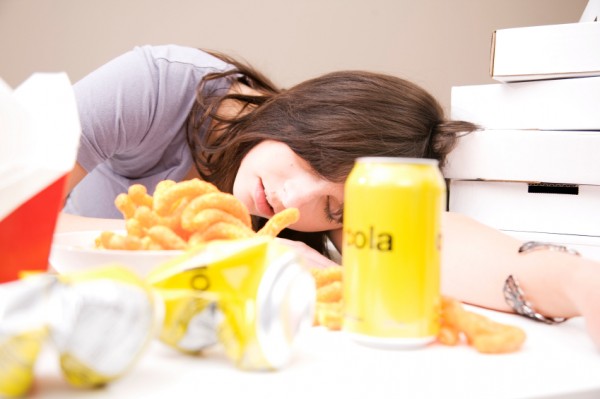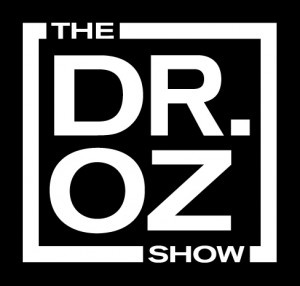Popular Reviews
- Shakeology Review
- Viritenz Review
- Isagenix Review
- Jenny Craig Review
- Protein World Review
- Paleo Diet Review
- Ideal Protein Review
- PhenQ Review
- Weight Watchers Review
- Pure Slim 1000 Review
- Alli Review
- Phen375 Review
- Leptigen Review
- It works Review
- The Thrive Diet Review
- Plexus Slim Review
- Almased Review
- Xyngular Review
- SlimQuick Review
- Relacore Review
- Lipozene Review
- ProbioSlim Review






 Binge eating is a disorder
Binge eating is a disorder



